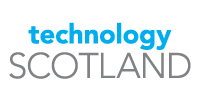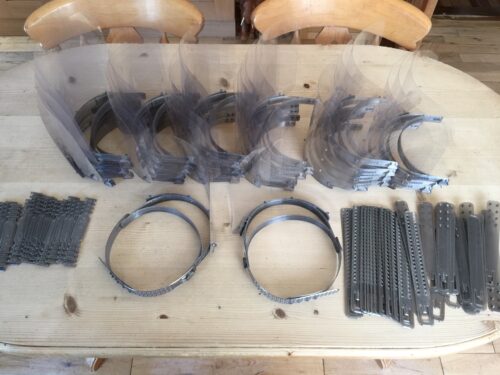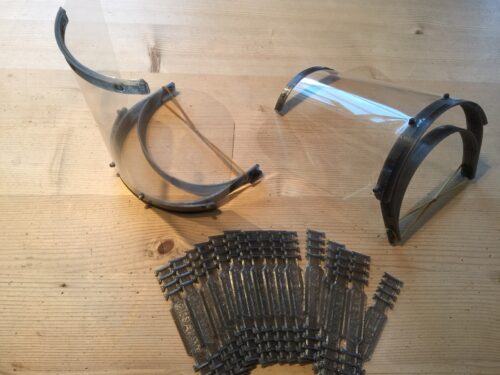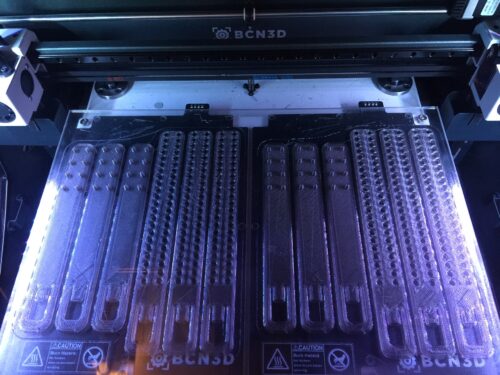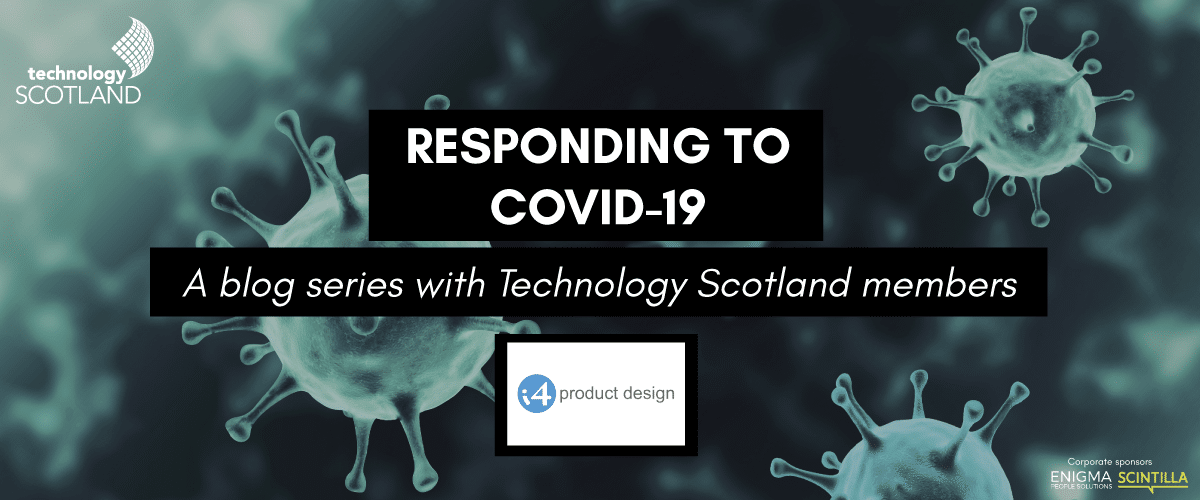
As the situation regarding COVID-19 continues to develop, some of our Technology Scotland members have been able to respond to the calls for assistance we have been seeing across Scotland, and the UK. These responses have taken a variety of forms, from tailoring pre-existing products to provide support in these unprecedented times to innovating business procedures and practices to provide more relevant and efficient services.
We’re proud that those of our members who have been able to provide support, have offered their support in such unprecedented and uncertain times.
This week, we’re talking to Marco Miglionico, i4 Product Design’s Employee Director & Mechanical Design Engineer.
————————————————————————————————————————————————————-
Hello, thanks for chatting with us today! First off, can you tell us a little bit about yourself and introduce us to i4 Product Design?
i4 Product design is an Employee-Owned design firm with a team of creatives and engineers with a passion for product design. Founded in 2003, i4pd has grown from a mechanical/industrial design service-based business to a full-service, multi-disciplinary consultancy SME with a creative and engineering team of 21 employees and a £1.85m turnover. An innovative product development B2B and B2C consultancy, i4pd has generated hundreds of millions of pounds of revenue for its clients by using various design methodologies to introduce more than 200 successful products into the consumer, medical, renewable and industrial markets.
Marco Miglionico is the company’s Employee Director & Mechanical Design Engineer and has been with i4pd for three years. He has a background in electronics, areospace, and defence. “I’m also an engineer by night as it were with mechanical hobbies!!”
Can you tell us more about the solution you have developed?
The initiative was spearheaded by three long-term staff members who personally funded the materials: Marco Miglionico, Ewan Maxwell, James Mackay, and Douglas Wood. Using open source designs, i4pd produced the Prusa RC3 face shield, but due to material issues, the design excluded a filter-mask to accompany the shield. So i4pd also produced a face filter chosen from a design known to make wearing existing face filters more comfortable. The shield and filter are considered one complete donation of PPE gear. After an initial batch was produced for NHS staff of i4pd friends and family to test and evaluate. The design consultancy then used the feedback to revise the open source designs.
Open source websites like GrabCad and Thingyverse allow people to get their ideas and creations out to the world very quickly for validation and production if necessary. It wasn’t surprising then, that within a matter of days those websites started filling up with various PPE designs suitable for 3D printing. Some of the designs were less than optimal so I modified the best candidate having been given feedback from actual Doctors and nurses. With i4pd’s printing capability and through family and friends contacts in the NHS we were able to respond quickly and supply Face shields and face mask clips to NHS staff.
To date, 160 systems have been supplied to various locations; NHS Royal Victoria Dundee, NHS Forth valley hospital, Caledonia care and Obstetrics dept, Edinburgh Western general.
Has the design to manufacture process been impacted during COVID-19 for you, and if so, how have you managed this impact? And how has this affected your ability to produce this solution?
Not greatly because our lead times increased from our suppliers against a backdrop of stalling clients in the face of funding dropping away so those events were lockstep and therefore everything just got shifted out.
How do you envisage the product design & development landscape will change coming out of COVID-19?
People have realised they can function to a great degree remotely both for work and spending time with friends. Good examples of winners in this crisis have been Amazon and Zoom. If a landscape exists where the status quo is not fully restored then remote design consultancy to clients around the world is now conceivable. The medical industry will be greatly in focus so perhaps there will be a shift towards what are perceived as safe industries like innovation in medical devices, as well as more interest in sustainable living and green technology that enable us to travel less. Maybe these recent events become the catalyst that shift our industry. I use the term ‘our industry’ in the broadest possible sense.
—————————————————————————————————————————————
Are you a member of Technology Scotland that has been contributing to the COVID-19 response? Get in touch with us at [email protected] if you would like to be featured in this blog series.
